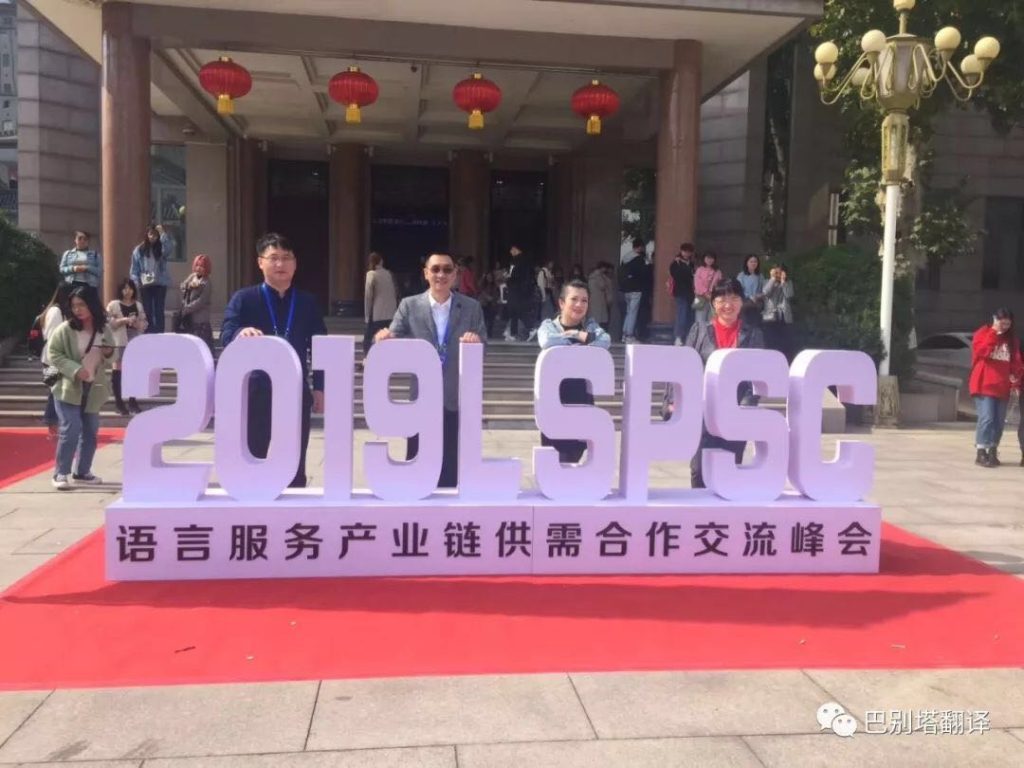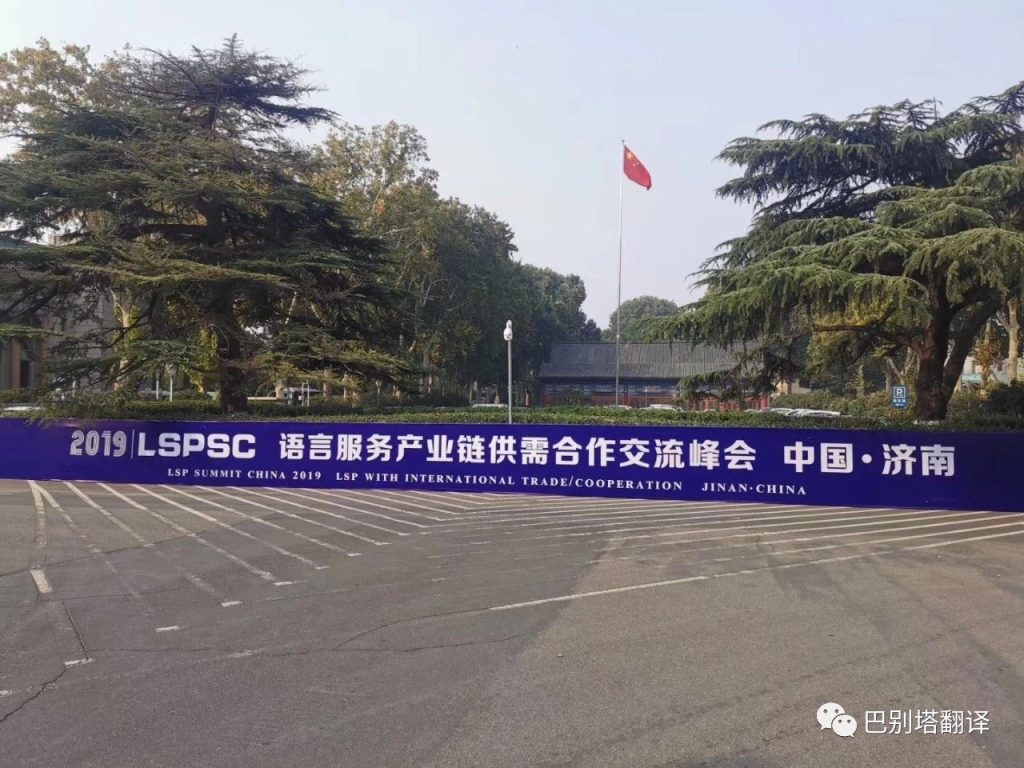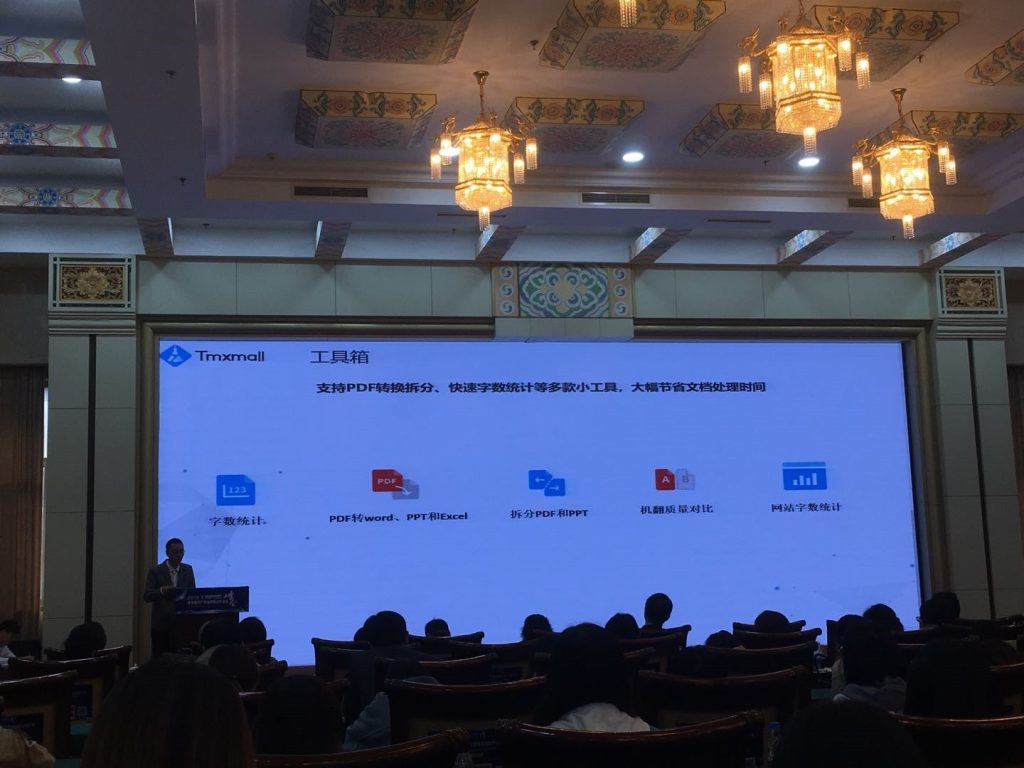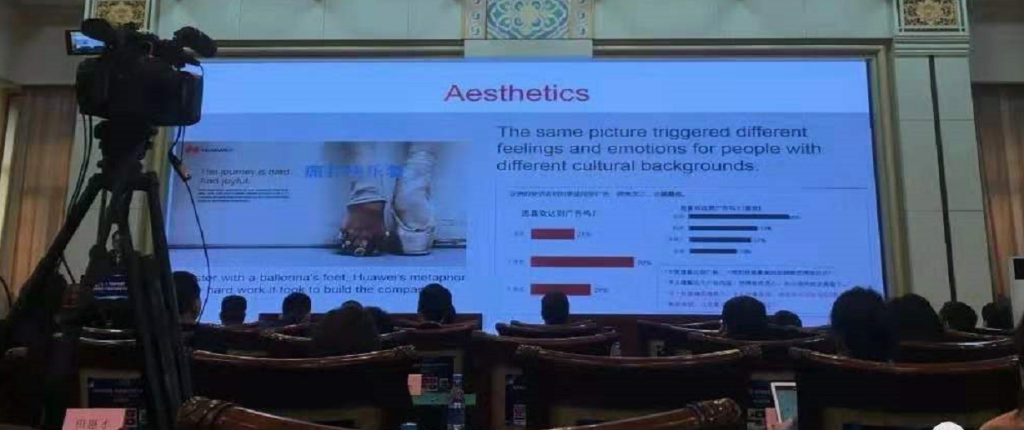Last weekend (19-20, Oct), I joined the 2019 LSPSC conference in Shandong, a northern harbor province of China, 4.5 hours’ drive from Beijing (country’s capital city). This province has been renowned since ancient times as it’s the birth place of Confucius (“孔子”)and Mencius(“孟子”)who both played important roles in collaboratively establishing the ancient China’s governing philosophy known as Confucianism, mapping out strategies for the emperors.

As Shangdong province is so important in not only ancient times but nowadays when large numbers of straight-A students attend the university entrance examinations and get admitted to top universities of China, this province is known for immensely rich culture and highly focusing on education.
The conference took place in the venue of the Provincial People’s Congress as you may find from the style of the architectural structures and get noticed that the provincial government is paying attention to the development and future of the language industries and strives to facilitate more collaborations within and cross over the industries.

Throughout the presentations and forums, I was again inspired by the advancement of technologies in how it may bring efficiency to human translation and save time and cost in supporting interpreting. However, three highlights from the sharing caught my attention:
1) Unlike this decade and the past, SDL Trados and memoQ are still the dominating CATs in the language industries, but the local alternatives YiCat and Jeeema are nourishing, which are cloud-based and present outstanding performance in project preparation, real-time translation and editing and translation alignment.

2) To simply exceed client’s expectation is no longer exceeding the expectation of the client who places the purchase order but the end users because they are the ones who use/read the translation, e.g., the user manual of a pressure cooker. This awareness comes from the practice of local Chinese LSPs, which is a sign of even growing awareness in quality management-just to raise the bar!
3) Local cultures must be considered when Chinese companies are going global. For example, the Chinese information and communications technology (ICT) leader, Huawei which is recently in a dispute with United States government on the appliance of 5G technology expressed that even the unit difference such as Kg in metric unit system must be localized into Ib in a British unit system. For another example, do you find the following picture uncomfortable? It’s from one of the advertisements of Huawei in 2015 to showcase the hard journey that the company has been through to make itself successful. However, poll shows that 50% of the interviewees voted negative and even used the word “disgusting” to describe their feelings of first-sight viewing it.

The journey for the Chinese companies to go global is never easy and full of roses while the language industry shall play its important part in helping those companies to grow and be successful.
